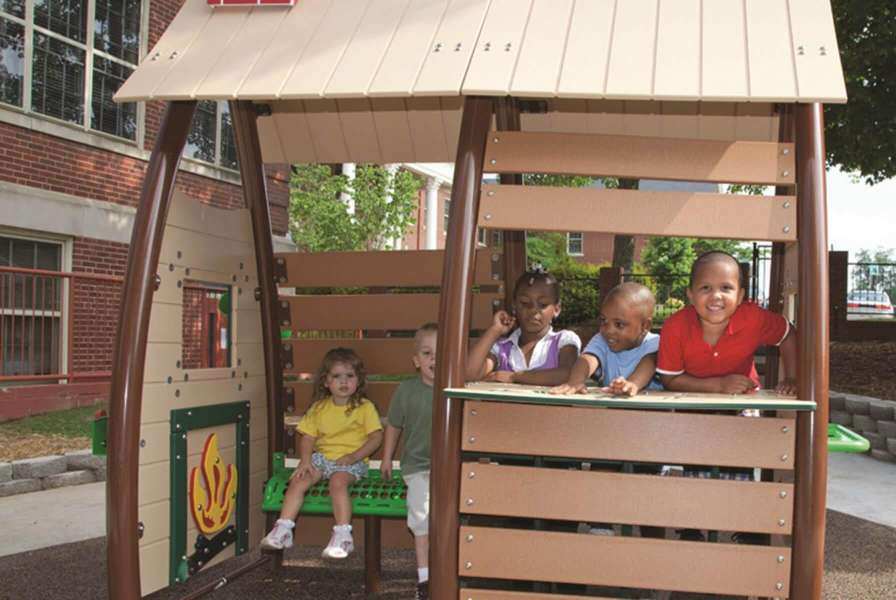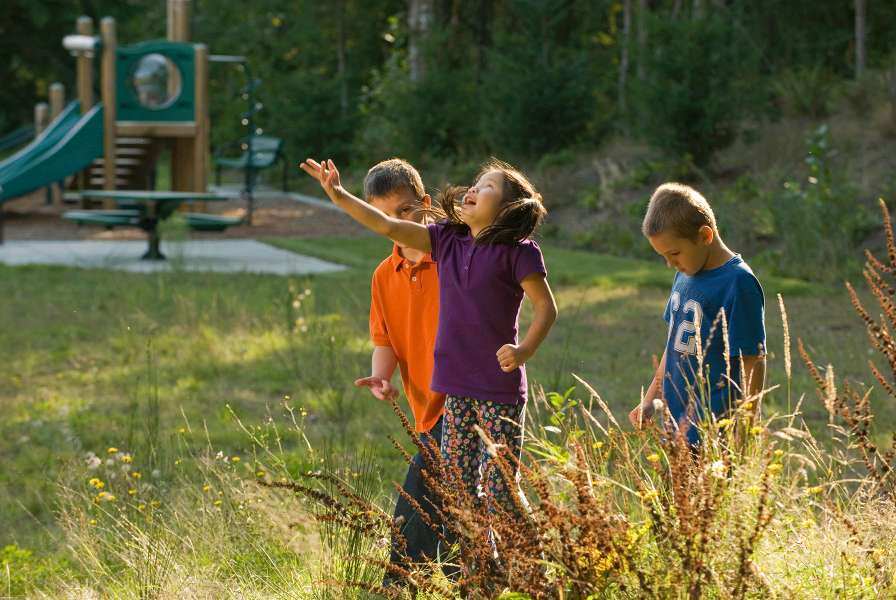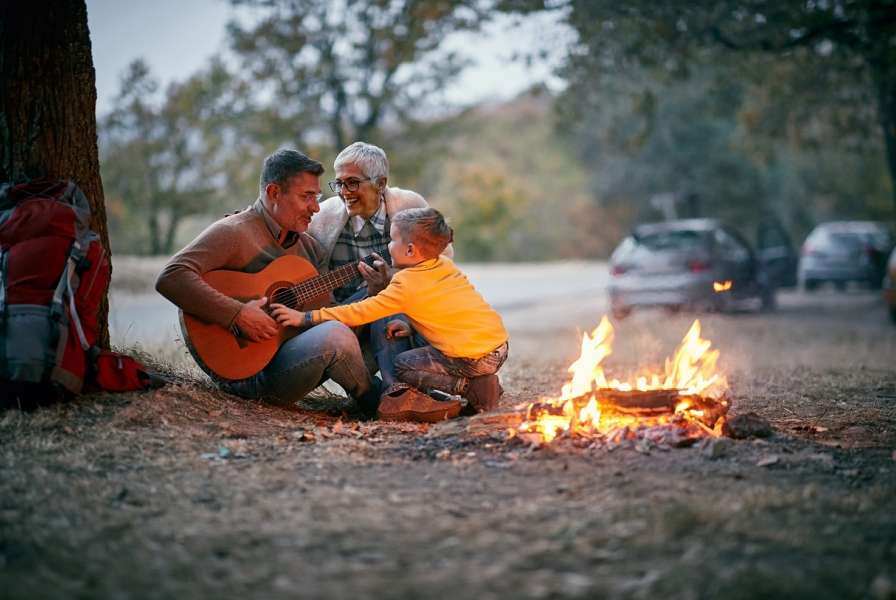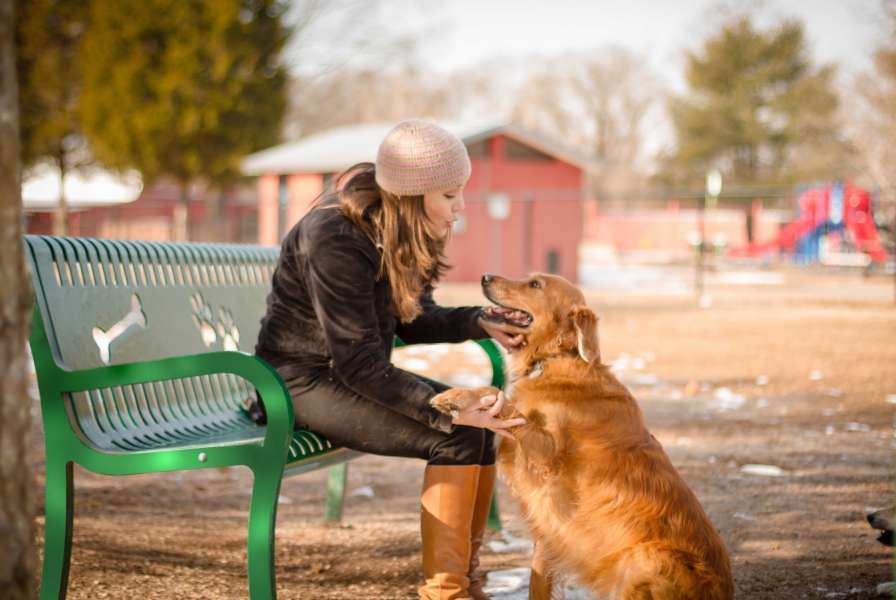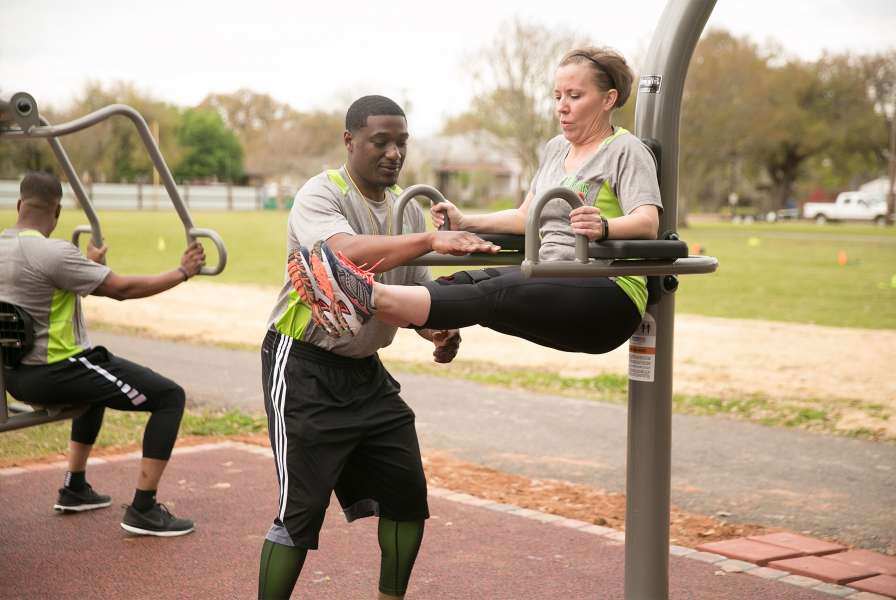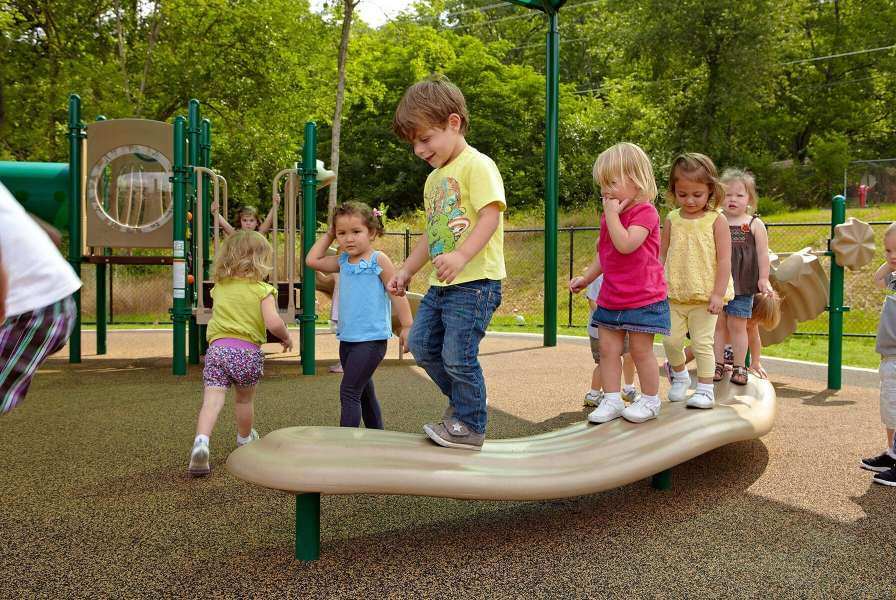Some children have difficulty playing and interacting with others. They may not know how to approach a group playing a game, communicate what they want to do, or engage in play for long periods of time. Others may be shy or just need time to watch until they are ready to join in. It is important to make sure all children know that they are welcome to join in play with others at their own level of engagement. Inviting a friend that is playing alone to join in the fun or saying kind words to someone about how they participate, even if it is somewhat different than how you would play, can help all children feel included and accepted. Dramatic play experiences allow children to transfer knowledge of real life, while expanding language, creativity, and relationships with others and can result in some of the most memorable play experiences in childhood.
Directions (Ideal for grades PreK - 1st)
Ask children to assume different roles and play house, recreating a world using pretend play. Under desk spaces, playhouses, or other cozy spots for children to engage in dramatic play experiences. Using their imagination, children can create "rooms" or make up scenarios from a home environment (Ex. cooking dinner, working in the garden, celebrating a special occasion, etc.).
More Fun Inclusion Tips
-
- Provide actual items to make this abstract activity more understandable. For example, offer adaptive planting tools, costumes to wear, or pretend food/cooking items.
- Incorporate other dramatic play scenarios such pretending to be pirates on a ships, animals/people at a zoo, ocean life around a coral reef, going camping, etc. Encourage children with disabilities to serve in leadership roles like captain of the ship.
- Allow a child to observe until they become comfortable joining in play.
- Model how to engage other children that have difficulty initiating play or communicating.
- Provide encouragement and positive reinforcement for simple interactions such as playing near peers, exchanging objects, following directives of peers, eye contact, and short durations of interactions for children with social-emotional disabilities.
- To get children to try out new roles, ask them to draw the role they will play from some picture cards.
Additional Equipment Needed
Dramatic play props such as costumes, pretend food, cookware, etc.
"It was amazing to watch. When the children began to play house, a little girl taught one of the boys how to pretend. It was a defining moment in play." Mother of two, Chicago, IL
Download the activity pdf here.
Did your kids enjoy this activity? We have more!
Request to download our inclusion programs, Me2® and 2Play Together to learn more about inclusive play and programming.
